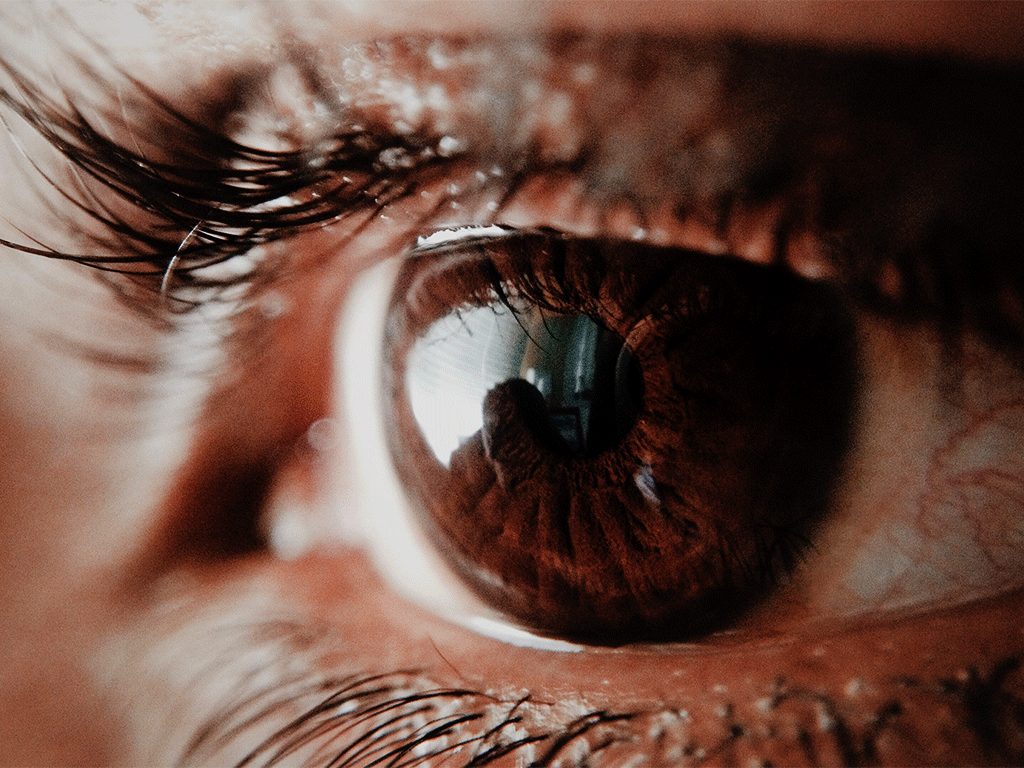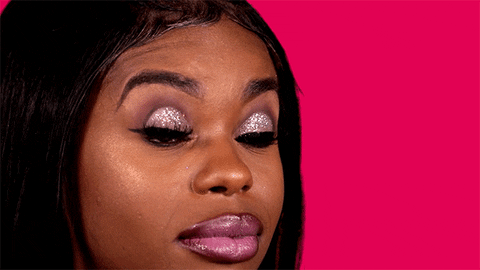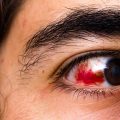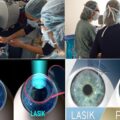Blinking is a bodily function; it is a semi-autonomic rapid closing of the eyelid. A single blink is determined by the forceful closing of the eyelid or inactivation of the levator palpebrae superioris and the activation of the palpebral portion of the orbicularis oculi, not the full open and close.
On average, most people blink around 15 to 20 times each minute. That means, while you’re awake, you probably blink:
- 900 – 1,200 times an hour
- 14,400 – 19,200 times a day
- 100,800 – 134,400 times a week
- between 5.2 and 7.1 million times a year
Each blink lasts between 0.1 and 0.4 seconds. Given how many times the average person blinks per minute, this makes up about 10 percent of the time you’re awake.
Research suggests that there’s no significant difference in how often you blink based on your sex or your age.
Why do you blink?
Blinking is essential for your eye health. It plays a key role in:
- clearing debris from your eyes, like small particles from the air, dried tears, and dead cells
- bringing nutrients and other substances to your eyes that help keep them healthy
- wetting your eyes, which prevents dry eyes and reduces your risk of problems with your tear film
- bringing oxygen to your eyes
All of these functions also help prevent eye infections. Additionally, blinking lets your brain briefly rest, helping you refocus on whatever it is you’re doing.
What can happen if you don’t blink?
If you don’t blink, or don’t blink frequently enough:
- Your cornea can swell. Your cornea doesn’t have blood vessels, so it needs oxygen from the tear film, which it gets when you blink. If you simply blink less often, your cornea should still get the oxygen it needs. But if you don’t blink, the lack of oxygen can lead to corneal swelling. In fact, your cornea even swells a little bit when you sleep, but goes back to normal soon after you wake up.
- Your eyes won’t get the nutrients they need to stay healthy.
- Your eyes can dry out, because your tear film isn’t being replenished. This can lead to eye pain and blurry vision.
- Your risk of eye infection increases due to debris that stays in your eye and a lack of oxygen to the eye.
Why Does My Eye Hurt When I Blink?
Several things can cause your eye to hurt when you blink. Sometimes the pain clears on its own and there’s nothing to worry about. However, there are times when painful blinking is a sign of something serious. Here is why your eye hurts when you blink:
Injury: Due to their fragile nature, your eyes are prone to injuries. Small particles and debris can get into your eyes and lead to abrasions. Any type of ocular trauma such as suffering a blow to the eye can cause pain when blinking. You can also injure your eyes via excessive and vigorous rubbing.
You can also suffer from burns due to overexposure to ultraviolet rays or from contact with chemical substances such as cleaning products, vinegar, laundry detergents and pepper spray. Should your eyes come in contact with any of these products, immediately apply basic first aid then consult your optometrist.
Infections: Certain infections such as conjunctivitis, styes and tear duct infections can cause parts of your eyes to swell, thus making it difficult and painful to blink. Conjunctivitis affects the conjunctiva, resulting in swollen blood vessels. Most styes, on the other hand, are caused by a bacteria called Staphylococcus aureus. This particular infection causes your eyelids to swell. Tear duct infections cause pain in the corner of the eye.
Dry Eye Syndrome: Dry eye syndrome is characterized by impaired tear-producing glands. Patients with dry eye syndrome often find it difficult and painful to blink. Conditions such as aging, arid climate and certain medications tend to aggravate this particular disorder. Not blinking enough can also cause or aggravate dry eye syndrome.
When to see a doctor
Seek emergency medical care for eye pain associated with blinking if:
- It is unusually severe or accompanied by headache, fever or unusual sensitivity to light
- Your vision changes suddenly
- You also experience nausea or vomiting
- It is caused by a foreign object or chemical splashed in your eye
- You suddenly begin to see halos around lights
- You have swelling in or around your eyes
- You have trouble moving your eye or are unable to keep it open
- You have blood or pus coming from your eyes.
Make a doctor’s appointment
Contact your eye surgeon if you’re experiencing eye pain and you’ve had eye surgery in the past or if you’ve recently had eye surgery or an eye injection.
Seek medical attention if you have eye pain and you wear soft contact lenses, have a weakened immune system or your eye pain is not improving after two to three days of medication.






